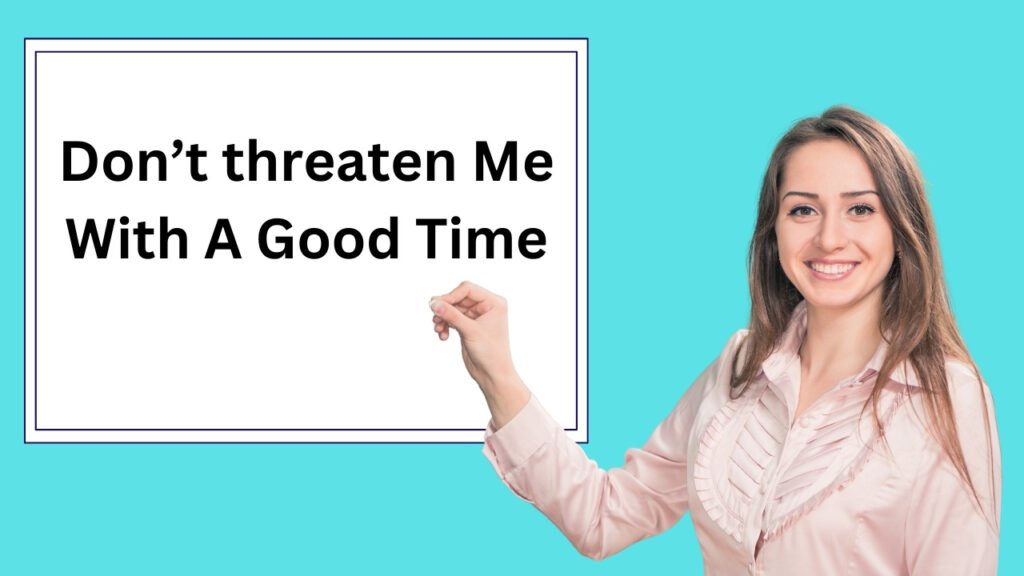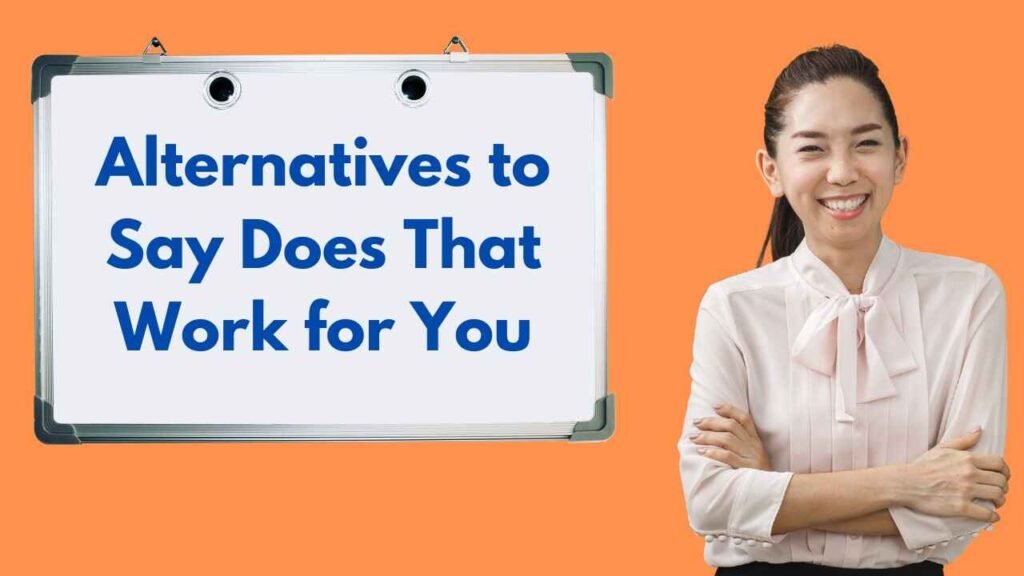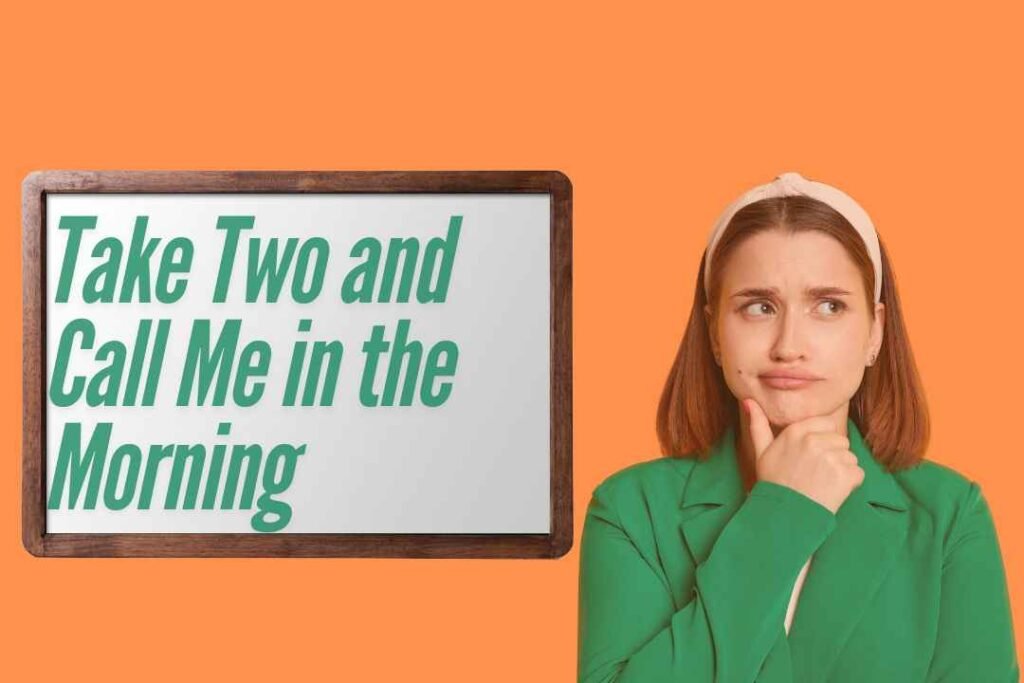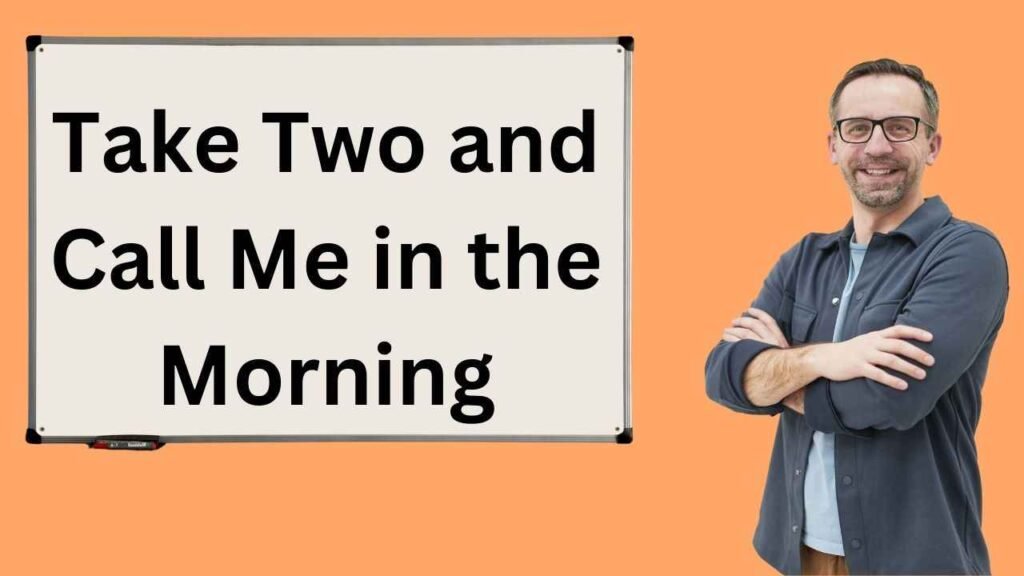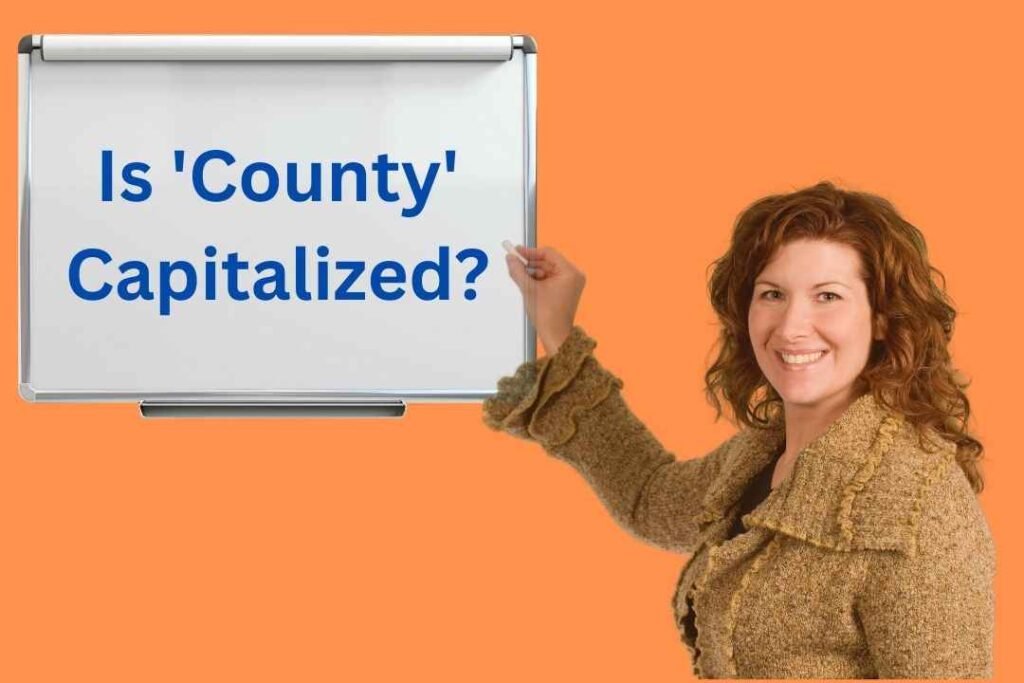Unique Phrases to Replace Don’t Threaten Me With A Good Time
The phrase “Don’t threaten me with a good time” has gained popularity for its playful and humorous tone. It is an expression that suggests enthusiasm and a carefree spirit when responding to a threat or warning. Originally featured in the 2015 song by Panic! At the Disco, where a wild night leads to an unexpected […]
Unique Phrases to Replace Don’t Threaten Me With A Good Time Read More »

